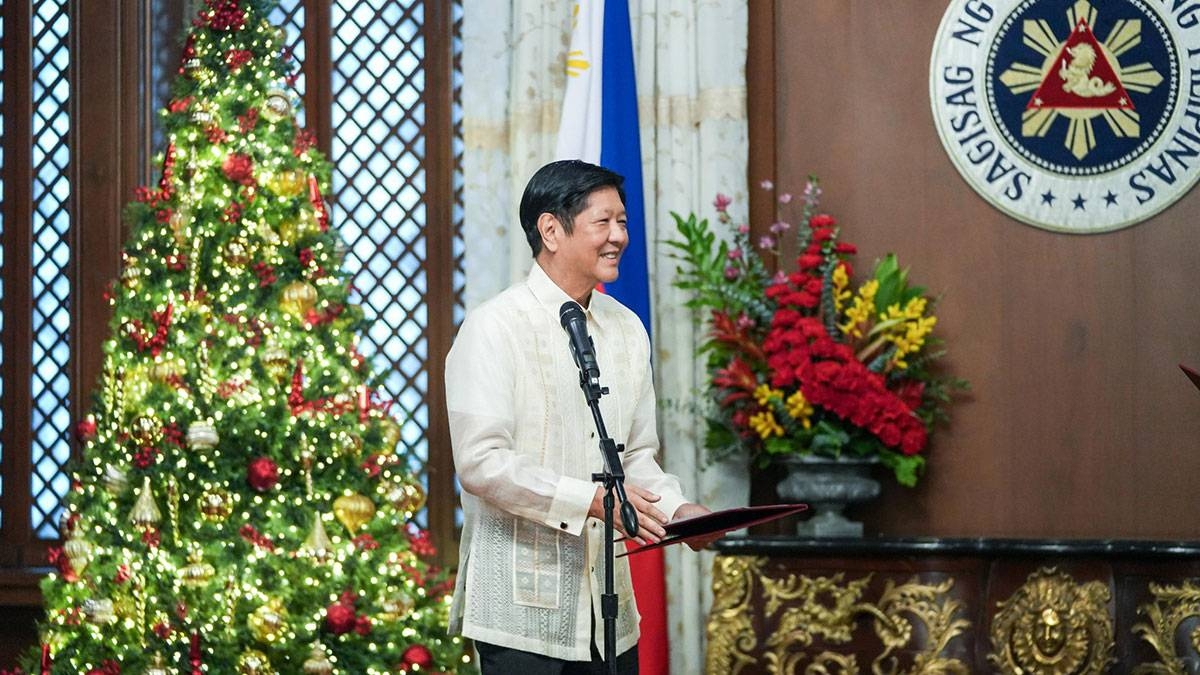Organized labor in the Philippines is throwing its support behind President Ferdinand Marcos Jr.’s initiatives to attract more foreign direct investments (FDIs) and transform the country into a global investment hub. The Trade Union Congress of the Philippines (TUCP) expressed its solidarity with the Marcos administration, recognizing the importance of FDIs in creating new, permanent, and decent jobs for the Filipino people.
President Marcos Jr. has been actively exploring ways to enhance the country’s appeal to foreign investors, including potential amendments to the Constitution. The government’s commitment to this cause is further demonstrated by the establishment of the Office of the Special Assistant to the President for Investment and Economic Affairs (OSAPIEA) through Executive Order (EO) 49. This office aims to address economic challenges and ensure the realization of investment commitments.
The President’s efforts to attract foreign investments are not limited to domestic initiatives. During his official visit to the United States in May 2023, President Marcos Jr. and US President Joe Biden discussed enhancing collaboration on labor rights, promoting dialogue, and improving workers’ employability through professional benchmarking and exchange programs. These discussions align with the Biden administration’s vision for worker-centered trade, emphasizing the importance of fundamental labor rights and core labor standards.
The Trade Union Congress of the Philippines (TUCP) trusts that both the Philippine and US governments, along with their respective labor movements, will uphold their commitments to ensure that trade agreements, foreign investments, and tariff-free access are not based on cheap labor but on the nations’ compliance with human rights and labor rights obligations.
Building on the special friendship, partnership, and alliance between the Philippines and the United States, President Marcos Jr. secured President Biden’s commitment to send a presidential trade and investment mission to the Philippines in the coming year. This mission will focus on key sectors such as the innovation economy, clean energy, minerals, and food security. Additionally, Manila will host the sixth annual Indo-Pacific Business Forum (IPBF) in 2024, further solidifying the Philippines’ position as a regional hub for supply chains and high-quality investments.
President Marcos Jr. is also advocating for the reauthorization of the US Generalized System of Preferences (GSP), which would grant tariff-free access to Philippine exports in potentially 3,500 product lines, creating new job opportunities for Filipinos.
The collaboration between the Philippines and the United States in the field of labor has taken a significant step forward with the inaugural meeting of the Labor Working Group under the Trade and Industry Framework Agreement (TIFA) on December 13, 2023. During this meeting, representatives from both countries discussed their respective priorities that can be addressed through the working group.
The Philippine panel, led by Labor Undersecretary Benedicto Ernesto Bitonio Jr., included representatives from the Departments of Labor and Employment, Foreign Affairs, and Trade and Industry, as well as the Embassy of the Republic of the Philippines in Washington, D.C. The United States was represented by officials from the US Trade Representative for Labor Affairs, the US Department of Labor, and the US Department of State’s Special Representative for International Labor Affairs.
The exchange of views between the two countries highlighted the importance of addressing labor-related priorities outlined in the Philippine Labor and Employment Plan (PLEP) 2023-2028. This plan aims to enhance labor conditions, promote decent work, and foster inclusive economic growth in the Philippines.
In conclusion, organized labor in the Philippines fully supports President Marcos Jr.’s efforts to attract foreign direct investments and position the country as a global investment hub. The collaboration between the Philippines and the United States on labor-related matters further strengthens the commitment to labor rights and standards. These initiatives pave the way for sustainable economic growth, job creation, and improved labor conditions for the Filipino people.







